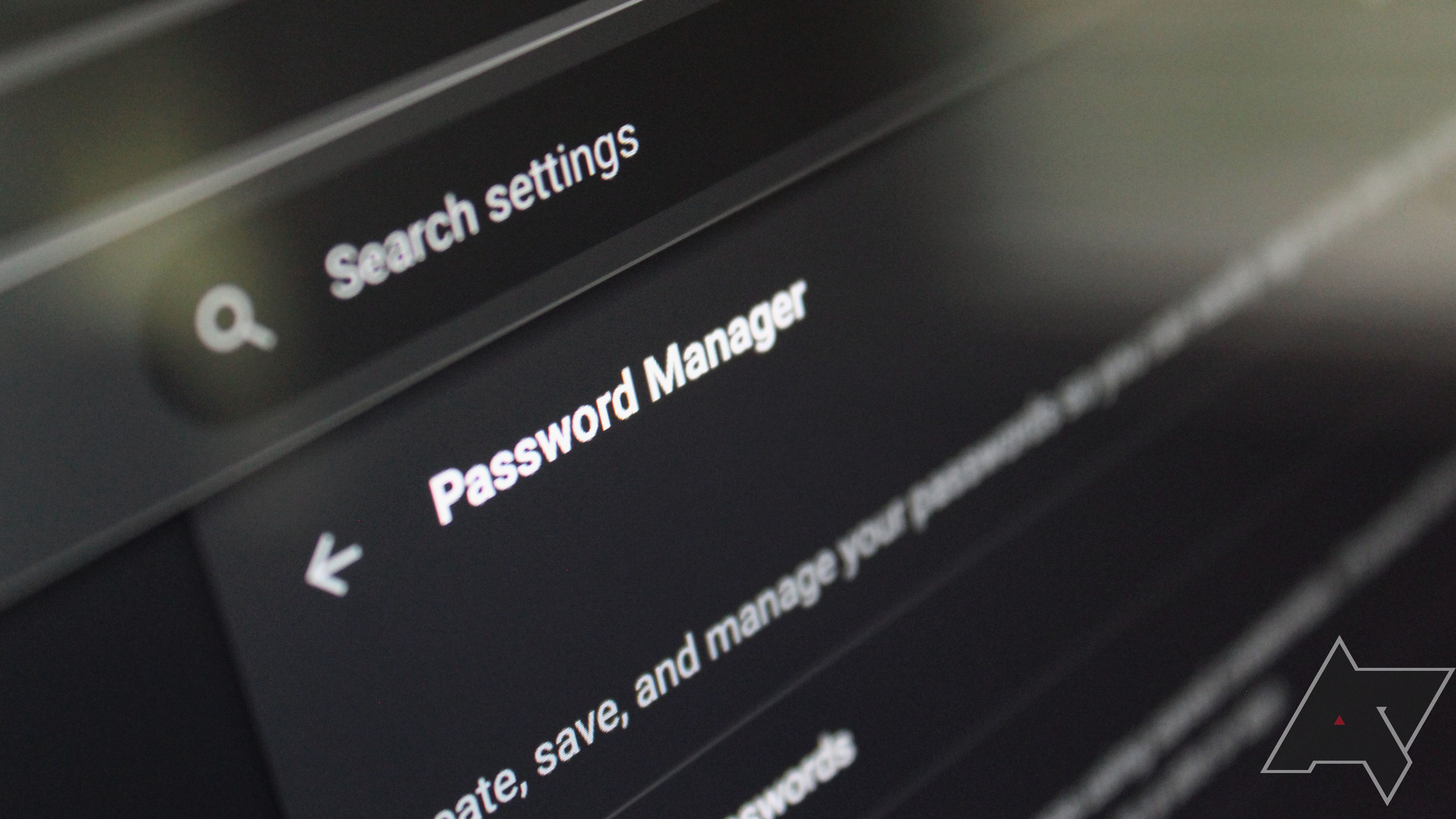It’s important to use unique, complex passwords for each of your online accounts — but this means you’ll never be able to memorize all of your credentials, and that’s why you absolutely need a password manager nowadays. There are lots of great password utilities to choose from, but for millions of people, convenience is king, and Google Chrome’s built-in Password Manager trumps other options. Google is now making this utility safer with support for biometric authentication on desktops and laptops.
Google’s Password Manager is rather versatile because it allows seamless sync of all your saved passwords across mobile and desktop if your Gmail account is associated with the devices. However, the desktop client has relied on PINs and passwords to authenticate users before revealing any saved credentials. While these are debatably more secure than biometrics, the lack of convenience can be a barrier for entry that prevents some users from taking advantage of the password manager’s security features.
Now, if your computer has a connected or integrated biometric authentication system like a fingerprint reader or face scanner, you can use it to access credentials stored on Chrome’s Password Manager. This is almost identical to the experience on Android phones and tablets when accessing saved passwords via Chrome or under Settings -> Passwords & accounts -> Google.
Chrome’s new biometric password unlock feature will prompt you to set things up if your device supports it
Once authenticated, you can copy your saved password or edit the record. Besides the new biometric security feature which should’ve come a long time ago, Chrome Password Manager also-suggests strong passwords for new accounts and alerts you when a stored credential was compromised in a security incident that flew under your radar.
We aren’t seeing the new biometric authentication system on our devices yet, but we expect the feature to roll out to the stable Chrome channel soon, much like Google’s new Credential Manager. There’s no word yet on whether it will support Windows Hello, which uses biometrics like facial recognition, but it should be compatible with newer Macs and other computers with fingerprint readers. If you can’t stand the wait, you can enable the feature flag for this option at chrome://flags/#biometric-authentication-in-settings.


